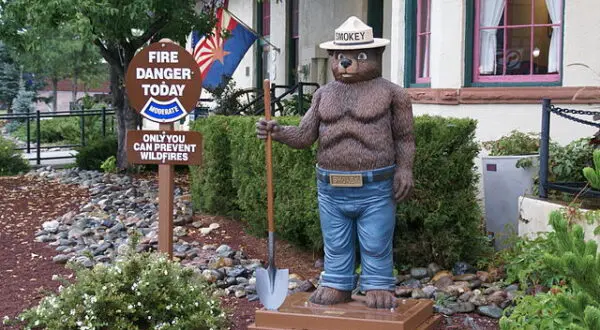Now’s the Time: Until We See the Problem Clearly and Realize It’s Us, Why Should We Expect Anything to Change?
“Now’s the Time,” from my forthcoming collection This Kind of Man, was inspired by a growing exasperation. After yet another predictable and preventable gun-related massacre, the rhetorical questions made their obligatory rounds: Who could have known, what should we have done, what can we do?
Seeing people one day snap and commit appalling acts of violence leads to fingers pointed (particularly by the media and those in the political arena) everywhere but at the root causes: a system that sets many up to fail, a mental health crisis that is woefully—and actively—underfunded, and our Made in America access to guns that’s at once appalling and embarrassing. If our country has become a sociopolitical powder keg, there are many parties indirectly (and in some cases, directly) lighting matches.
Like most of us, I’ve read more than my fair share of increasingly urgent if equally unsatisfactory features about why everyone is so angry. A decade ago, many of these discussions would occur in classrooms, pubs, or at the proverbial workplace water cooler. Today, the internet allows the aggrieved to opine at top volume, social media keeping score in a game no one can win. Somehow, despite these digital bullhorns, many people still claim to feel unheard, unacknowledged, or lost in the mass of info and entertainment overload. As discordant as it seems, even as we have unprecedented access to other people, too many human beings feel more alone than ever.
There are countless reasons and/or symptoms, and they are situated more in myth than reality. For instance, while America does not have the rigid and stratified class systems that still plague Europe, we do have a collective addiction to the white-washed fantasy also known as the American Dream. The proposition that any of us, regardless of who we are and whatever our initial station in life can, with the correct combination of industry, initiative, and luck, ascend to a status of wealth festers as one of the more powerful if poisonous fictions our country has produced. More, it is not merely promulgated but actively inculcated: history books and sentimental movies tend to tout the exceedingly rare rags-to-riches allegory while ignoring, denying, or conveniently dismissing the typical reality, which is that the working poor are likely to remain exactly where they are. In fact, as we’ve seen in the last few decades, this is more—not less—the case in a political and cultural system that has steadily ensured that those who have more will get more, usually directly at the expense of those who have little. And if the aforementioned media and political parties can keep people more focused on fighting than organizing, all the better—and thus our dysfunctions perpetuate themselves.
To prevent tragedies we need to understand them, or least make a genuine attempt to do so. Throughout human history, influential and wealthy forces have either ignored or exacerbated systemic crises to consolidate more power and money. Art is forever interested in the human stories that put faces on statistics and attempt to shake us out of our torpor; art forces us to look in the mirror and experience the shock of recognition. Until we see the problem clearly and realize it’s us, why should we expect anything to change?
To access the feature, and read the entire short story, visit The Good Men Project here.

